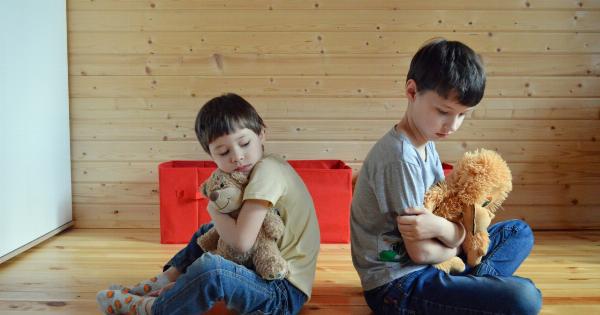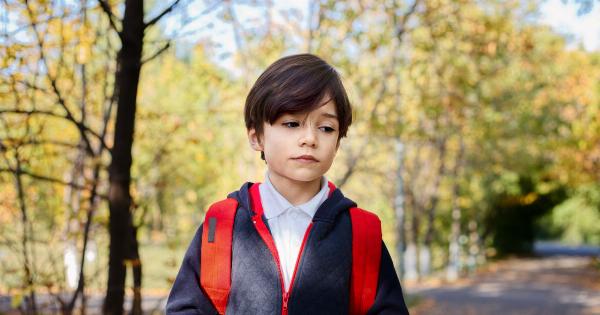The mere mention of traumatizing experiences often evokes negative emotions and thoughts among people due to the strong association between trauma and psychological suffering.
However, not all the effects of trauma are detrimental, as studies have shown that some children exposed to traumatic experiences can develop resilience and personal growth. Such positive outcomes after adverse experiences have been referred to as post-traumatic growth or development (PTD).
While the existence of PTD is often debated, various researchers have uncovered empirical evidence that supports the notion that children can benefit psychologically from facing and overcoming tough life events. This article delves deeper into the topic of PTD and the various ways in which trauma can positively impact child psychology.
What is Post-Traumatic Growth or Development?
Post-traumatic growth is a widely studied psychological construct that refers to the positive psychological changes experienced after individuals overcome traumatic events.
PTD has been found to occur following various types of trauma, including natural disasters, physical injuries, sexual abuse, violent crimes, and loss of loved ones. Traditionally, trauma’s focus in research has been on aspects of post-traumatic stress disorder (PTSD).
However, the concept of PTD proposed that through trauma’s adversity, people can emerge with new strength and positive life attitudes that lead to greater personal growth than before the trauma occurred.
Positive Effects of Trauma on Child Psychology and Development
Although traumatic experiences can negatively impact a child’s development in multiple domains, researchers have found that such experiences can facilitate positive growth in several other ways.
Some of the positive effects of trauma on child psychology and development include:.
1. Increased Resilience
Exposure to traumatic experiences has been found to foster resilience, which refers to the ability to bounce back from adverse or stressful situations.
A study by Clara Hill and her colleagues found that adults who had faced multiple traumatic events in childhood exhibited more resilience, adaptive coping skills, and positive personal growth than those who had not experienced trauma. This finding suggests that an individual’s sense of resilience and strength can be enhanced by coping with and surviving adversity.
2. Heightened Empathy and Compassion
Children exposed to trauma may develop an increased sensitivity to others’ pain and suffering.
Experiencing trauma can provide opportunities for children to develop greater empathy and compassion for others who may also be experiencing challenging life circumstances. A study by Sharain Suliman and her colleagues found that children who had faced trauma in South Africa exhibited more prosocial behavior, such as kindness and generosity, than children who had not experienced trauma.
3. Stronger Sense of Self
Traumatic experiences can help shape a child’s sense of identity and self-worth positively. In some instances, children may develop a strong sense of their capabilities and strengths after overcoming traumatic experiences.
Studies have shown that some children exposed to traumatic events exhibit greater self-awareness and self-reflection, leading to a more positive self-image and identity.
4. Greater Appreciation for Life
Children exposed to trauma may develop a greater appreciation and gratitude for their lives after surviving adversity.
The knowledge of having faced and overcome challenging circumstances can lead children to cherish life moments more than they may have before, leading to a more fulfilling life perspective.
Challenges to Post-Traumatic Growth
While there is empirical evidence of post-traumatic growth, the concept’s validity remains controversial.
Some researchers argue that the positive effects of trauma on child psychology can only be observed in a small subset of individuals who have the appropriate resources and support to cope with the trauma. In contrast, others suggest that the positive effects of trauma can only be experienced after a certain time elapses from the trauma’s occurrence.
Conclusion
Childhood trauma can have adverse effects on a child’s development and well-being. However, research shows that some children can experience psychological growth and positive outcomes after facing and overcoming traumatic events.
Children exposed to trauma may foster qualities such as resilience, empathy, compassion, self-awareness, and appreciation for life, leading to a more positive self-image and heightened emotional intelligence.


























